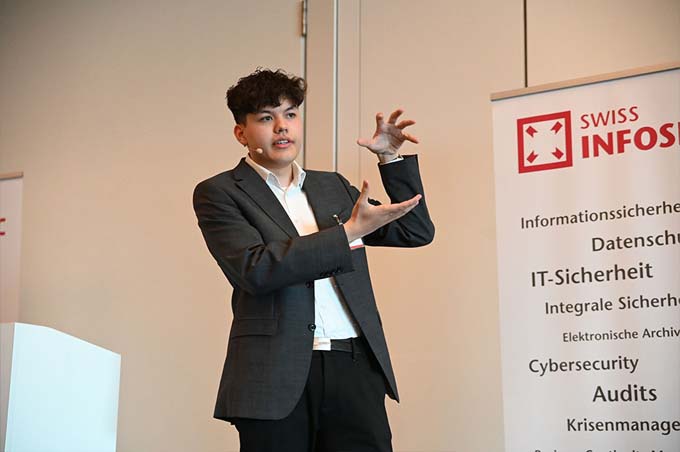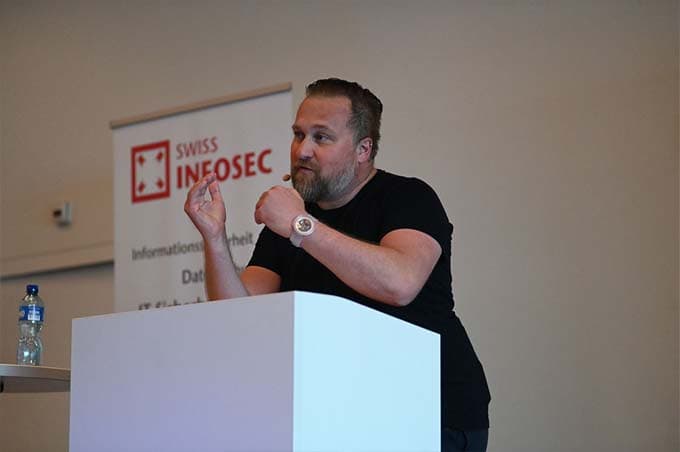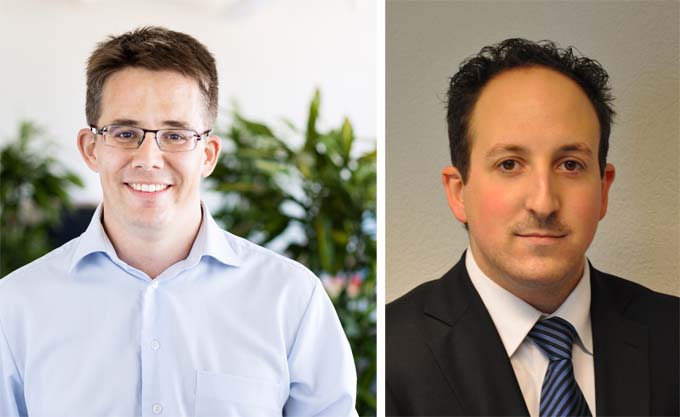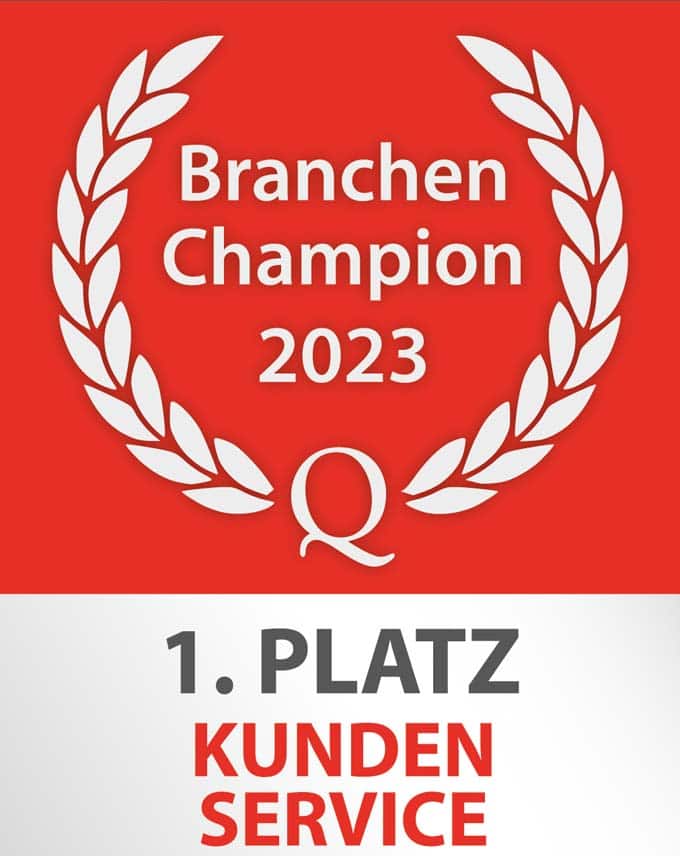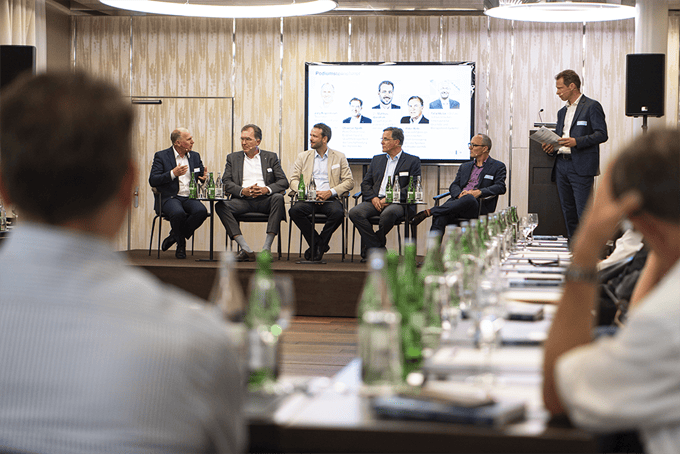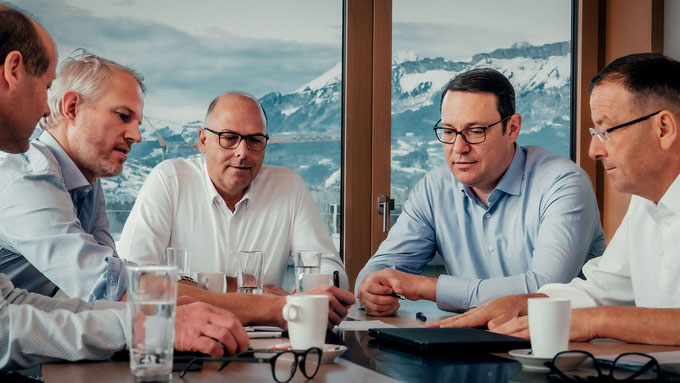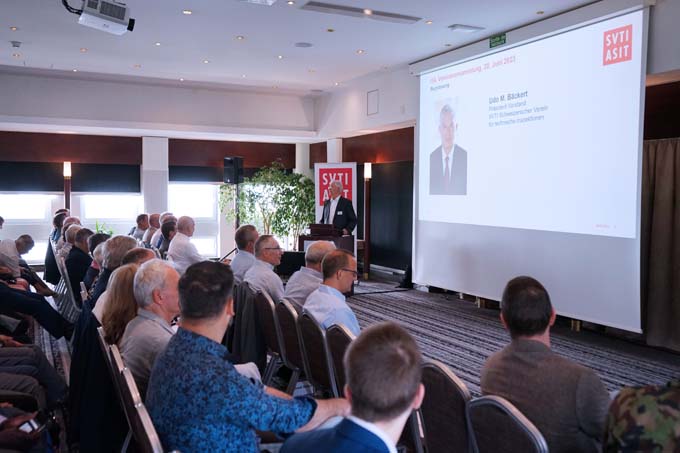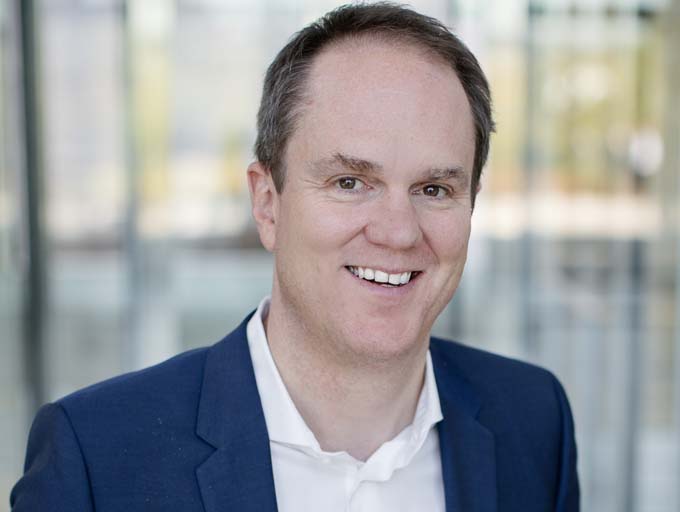Six companies honored with the Best Managed Companies Award
Deloitte, supported by the Swiss stock exchange SIX and Bank Julius Baer, has honored privately owned Swiss companies with exemplary management in four key entrepreneurial areas. The assessment by an independent jury showed that these companies meet all the test criteria. They are characterized by high agility, resilience in challenging times and a strong sense of innovation.
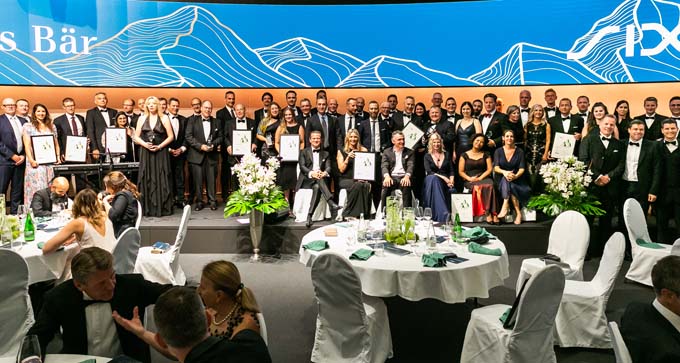
Deloitte Private's Best Managed Companies Award, conducted in 46 countries, compares companies in a comprehensive assessment with Deloitte's globally recognized benchmark. This has been continuously developed over the 30 years since the program was launched. Participating companies receive an independent and substantive assessment of their governance practices and overall performance; this assessment shows them where their operations currently stand in four key corporate areas compared to a global community of over 1,300 exemplary managed companies.
Multi-stage evaluation procedure
The award is preceded by an intensive, multi-stage coaching and assessment process that all participating companies must undergo. The focus is on assessing performance in the four core areas of strategy, productivity & innovation, culture & commitment, and governance & finance. Companies that perform above average in all four categories have a chance of winning the award.
"From a business perspective, the past twelve months since the last award have not been an easy time: soaring inflation, disrupted supply chains, high energy prices and the shortage of skilled labor present a complex set of business risks. What sets this year's winners apart is their agility and resilience - the ability and willingness to persevere in difficult times, position themselves in a volatile market and respond effectively to change," said Andreas Bodenmann, program officer and head of Deloitte Private. "The six winners are at the forefront of their industries. They have demonstrated creativity and innovation in impressive ways. And they have managed to maintain their core values while moving into the future with a clear focus on growth."
Exemplary corporate governance: the Best Managed Companies 2023
Six privately or family-owned companies were honored as "Best Managed Companies":
- ATP adhesive systems AG specializes in the development and manufacture of adhesive tape solutions. With modern production processes and an internationally established distribution network, ATP has been supplying a large number of industrial customers worldwide, for example in the automotive, electrical and healthcare industries, for over 35 years.
- The ECSA Group, now in its fourth generation of international management, was founded in 1913 and today operates in four main sectors: ECSA Chemicals AG in the international trade of raw materials and chemicals, ECSA Energy SA in the distribution of petroleum products and the operation of service stations, ECSA Maintenance AG in the distribution of specialized industrial supplies, and Suncolor SA in the distribution of paints, varnishes and insulating materials.
- The family-owned chocolate manufacturer Läderach (Switzerland) AG was founded in the 1960s and today operates in 16 countries, including South Korea, the USA and the UK. Many products are still made by hand, underscoring the chocolatier's tradition and making the company a master of its craft. The result is Swiss chocolate made from the finest raw materials.
- Teoxane Laboratories SA specializes in the development of hyaluronic acid solutions and, with over 20 years of experience, is now a pioneer in the science of facial beauty. The company combines innovation, quality and consumer safety to develop high-performance hyaluronic acid dermal fillers and dermocosmetics based on rigorous scientific research.
- Variosystems AG is an electronics service provider offering uniform and complete end-to-end solutions worldwide. From product design to finished electronic assemblies, devices or systems, products are offered with long-term support, including logistics and end-of-life services.
- The Vista Group is one of the leading private centers of excellence for ophthalmology in Switzerland. Founded more than 30 years ago, Vista offers treatments and procedures around the eye at its 31 locations, providing lifelong care. With its own research department and its comprehensive education and training program, Vista has been a recognized training clinic for more than ten years.
The competition does not end after one year: All companies can regularly undergo the same audit, take part in workshops and qualify again. This year, six companies that had previously won the Best Managed Companies Award succeeded in doing so. This illustrious circle includes, for example, the Capri Sun Group, MindMaze, the Wipf Group, Groupe Acrotec SA, the Suhner Group and Precipart.
Commitment to Switzerland as a business location
"The Best Managed Companies Award is an incentive for all companies to shape their future with foresight, a sense of innovation and a good management culture. As drivers of innovation, privately managed companies are important for a diverse and strong Swiss location," emphasizes Andreas Bodenmann. "As an audit and advisory firm, Deloitte Private supports such companies in their challenges in the areas of growth, compliance, reporting and auditing, and tailors the versatile services from the entire Deloitte universe to their specific needs so that these companies can hold their own and successfully position themselves for the future."
On this year's jury, Nadja Lang, CEO of the ZFV-Unternehmungen cooperative, Jens Breu, CEO of SFS Group, Gilles Stuck, Head of Market Switzerland at Julius Baer, Tanja Vainio, Country President of Schneider Electric Switzerland, and Prof. Dr. Thomas Straub, Associate Professor at the University of Geneva for Strategic Management and Corporate Strategy, evaluated the participating companies.
Source: Deloitte










